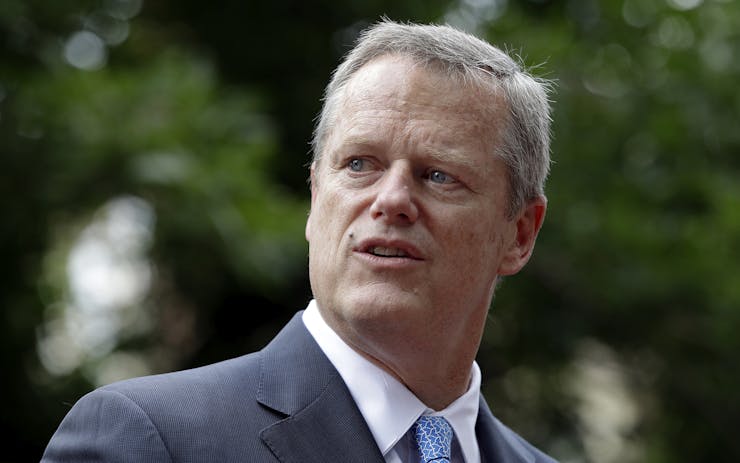Massachusetts Gov. Charlie Baker is expected to sign a cannabis overhaul bill that the state Legislature sent to his desk on Thursday, but one Republican lawmaker is already warning that one of the bill’s provisions could invite a lawsuit.
The bill, H.3818, would effectively repeal and replace the law that voters passed in November to legalize adult-use cannabis. Cannabis would still be legal for adults 21 and older, but with new regulatory tweaks. The legislation would set a higher cannabis tax than what voters approved, merge government oversight of medical and adult-use systems, impose restrictions on advertising and change how cities and towns can ban retail cannabis stores and other facilities.
Sens. Sonia Chang-Diaz and Linda Dorcena Forry tweeted this short video to explain the impact of the measure:
Last night, @MA_Senate passed adult-use #marijuana bill, with important measures for @MA_BLLC! @ldforry@WBrownsberger@senjehlen#mapolipic.twitter.com/eiJMNPabSg
— Sonia Chang-Díaz (@SoniaChangDiaz) July 21, 2017
The bill’s approval marks a milestone for lawmakers, who have been at loggerheads for weeks over cannabis regulations and only recently struck a compromise.
Even that compromise may not stand, though. According to the state Senate’s top Republican, Sen. Bruce E. Tarr of Gloucester, changes to how cities and counties ban cannabis facilities would set a “very dangerous precedent” and could spark a legal challenge.
“A group of people in Massachusetts will have their right to vote extinguished.”
Under the law passed by voters in November, local voters were given the option of banning or otherwise restricting cannabis in their respective city or town. The Legislature’s new bill takes some of that control away from voters and puts it in the hands of elected officials.
Specifically, in municipalities that voted in favor of legalization, a vote would still be required to ban or severely limit cannabis businesses. But in cities and towns that voted against the measure, local officials could enact limits themselves.
“A group of people in Massachusetts will have their right to vote extinguished by virtue of the way they voted on a ballot question,” Tarr said on the Senate floor (“with incredulity,” according to the Boston Globe).
Shop highly rated dispensaries near you
Showing you dispensaries nearTarr warned that by disenfranchising those voters, lawmakers could risk a constitutional challenge down the road that could potentially lead to “the incapacitation of this lawsuit.”
Outside lawyers have reportedly questioned whether the provision might violate guarantees of equal protection of the law but that wasn’t enough to sway most lawmakers. Sen. William N. Brownsberger (D-Belmont), dismissed the worries as “nonsense.”
A spokeswoman for the governor has said that Baker “appreciates the Legislature’s work on this bill and will carefully review it in the coming days.”
The Associated Press contributed to this report.




